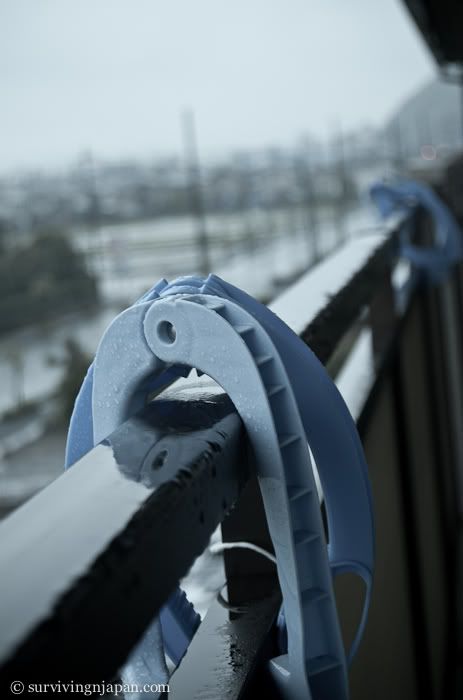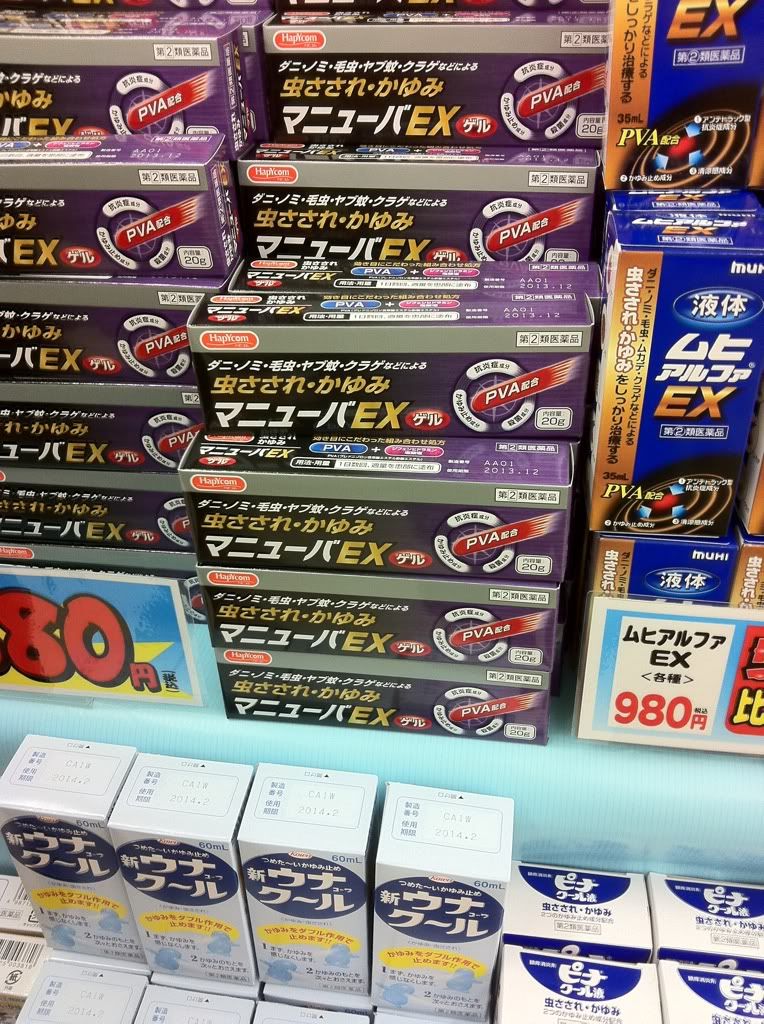Finding a doctor, specifically an OBGYN or midwife, in Japan can be difficult at times, particularly if you don't speak Japanese. Of course, if you live in Tokyo, or another metropolis, you'll have a far easier time (and most likely, many fellow expats with recommendations). But if you're like me, and many others outside of the big cities, a little more searching is sometimes required...
(Note: resources and words to know are listed towards the bottom of this post).
Finding a doctor or midwife is important to do early if you're planning to give birth in Japan, as women "reserve" spots far in advance at hospitals and clinics for their deliveries. And let me stress, from my own experience, some places fill up fast (depending on your location). My due date is late August, and I didn't think we needed to be that serious so soon about finding a place to give birth, until we started calling around in February and discovered that many ladies clinics were already full for August (though, supposedly August is a popular month to give birth in Japan).
Now, women in Japan typically either give birth in
a) a hospital or
b) a ladies clinic (or sometimes a midwife clinic). When I started my research for myself, I spent time looking for midwives that specialize in home births to see if it was an option here, just so I could weigh all the possibilities, but from what I was able to find, most independent midwives specialize in other things related to childbirth than the actual delivery itself (such as breastfeeding or infant bathing consultations). I think I had heard some statistic from the U.S. saying that most women in Japan use midwives to give birth, but I think that was taken out of context. Yes, midwives often do work in the ladies clinics and at hospitals along with the doctors for childbirth, and there are special midwife clinics that do deliveries around Japan as well.
 This is part 3 of the "Pregnant in Japan" series. The first two parts cover pregnancy resources and how to find a doctor, midwife or hospital in Japan.
This is part 3 of the "Pregnant in Japan" series. The first two parts cover pregnancy resources and how to find a doctor, midwife or hospital in Japan.



